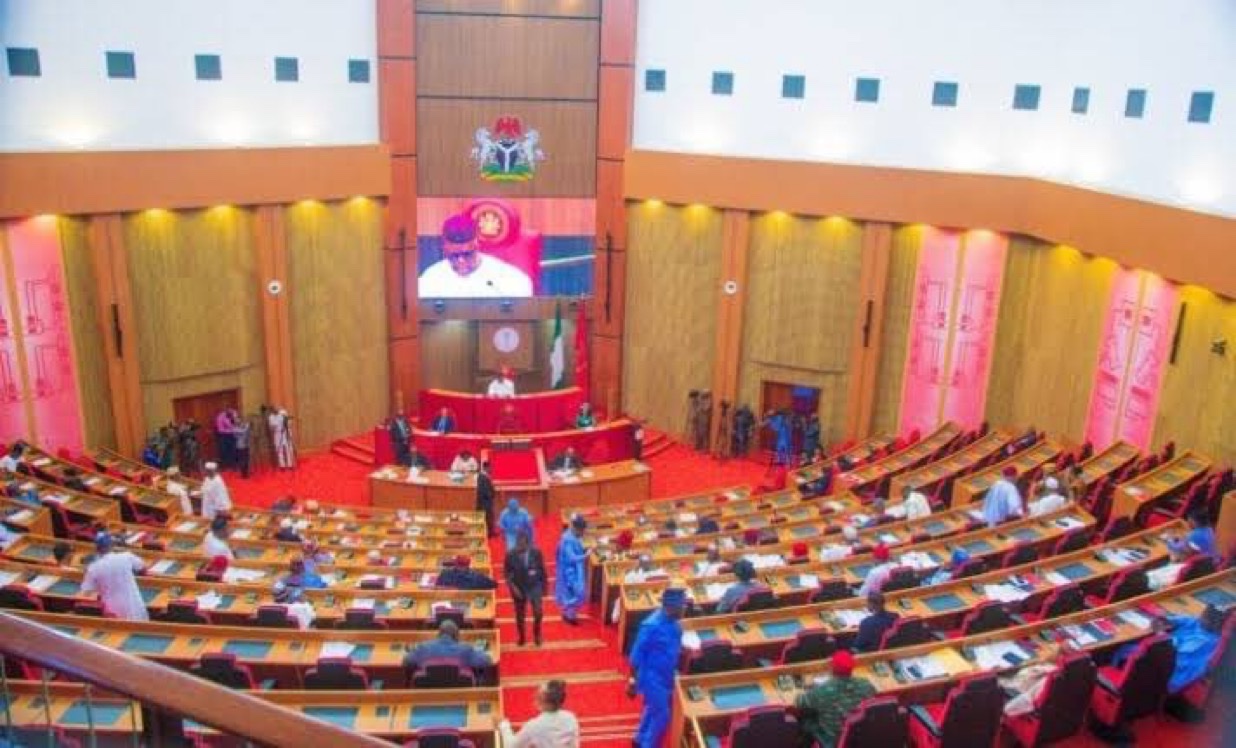The Nigerian Senate has taken its first step toward green mobility.
On Tuesday, during plenary led by Senate President Godswill Akpabio, lawmakers passed the first reading of the Electric Vehicle Transition and Green Mobility Bill, 2025.
The Bill, sponsored by Senator Orji Uzor Kalu (APC, Abia North), sets out to gradually shift Nigeria from petrol-powered vehicles to electric ones.
But its ambitions stretch beyond transport.
“This Bill is designed to position Nigeria as a regional leader in clean energy transportation while boosting industrial capacity,” Kalu declared.
The legislation proposes a national EV transition plan anchored on local innovation, job creation, and renewable energy.
It calls for widespread EV charging infrastructure, incentives to drive adoption, and policies that favour Nigerian-made components.
“It’s not just about reducing emissions,” Kalu added. “It’s about creating thousands of jobs, driving local innovation, and ensuring Nigeria does not lag behind in the global shift towards electric mobility.”
The Bill also targets private users, public institutions, and businesses, encouraging them to invest in clean transport.
At its core lies a vision to make Nigeria a clean mobility hub in West Africa.
Tougher Rules for Foreign EV Firms
One of the boldest clauses in the Bill is a demand for local participation by foreign EV firms.
It states that any foreign automaker selling electric vehicles in Nigeria must partner with a licensed Nigerian assembler.
These companies will also be required to establish local assembly plants within three years.
By 2030, at least 30% of all EV components must be locally sourced — or companies risk fines and operation bans.
Violators could face fines of over ₦1 million or even full suspension from Nigeria’s auto market.
The Bill signals a deep shift in transport policy, aligning Nigeria with global efforts to tackle climate change.
But more than that, it’s an economic playbook — one that envisions a self-sufficient, innovation-led automotive industry.
Environmental groups and business leaders alike have welcomed the Bill, calling it long overdue.
The proposed Electric Vehicle Transition and Green Mobility Act will undergo more readings in the weeks ahead.
Still, many already see it as a major legislative step toward a cleaner, more resilient Nigeria.
Rate, Like 👍, Comment💬, share this article, Follow us on our social media handles, and Submit your own story to get featured and earn rewards!







